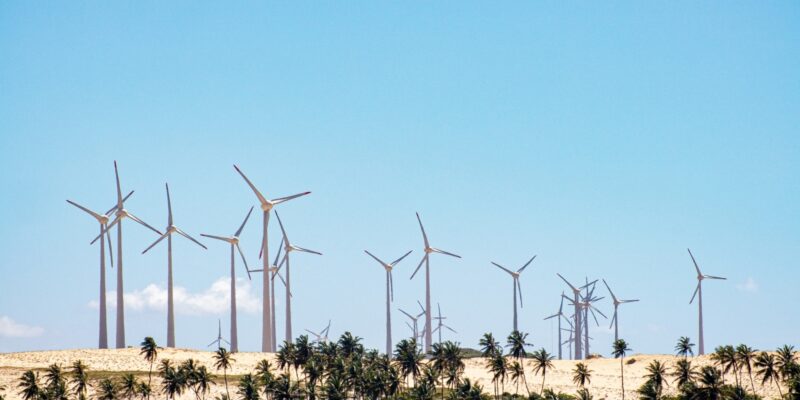Comment
Insights and expert analysis on climate issues.
Share


Brazil was a leader in the production of energy from renewable sources, especially in the power sector. However, an increasing reliability on coal- and gas-fired power plants may change this. This may happen despite the renewable energy targets for 2030 announced in June.

Kirstin Hücking and Sandra Freitas of Climate Analytics report on lively and informed discussions about environmental problems that impact on Gambian livelihoods – and how these discussions have fed into the country’s Intended Nationally Determined Contribution (INDC) to the UNFCCC.
